Opinion: In our ‘throw-away culture,’ let’s democratize care for others
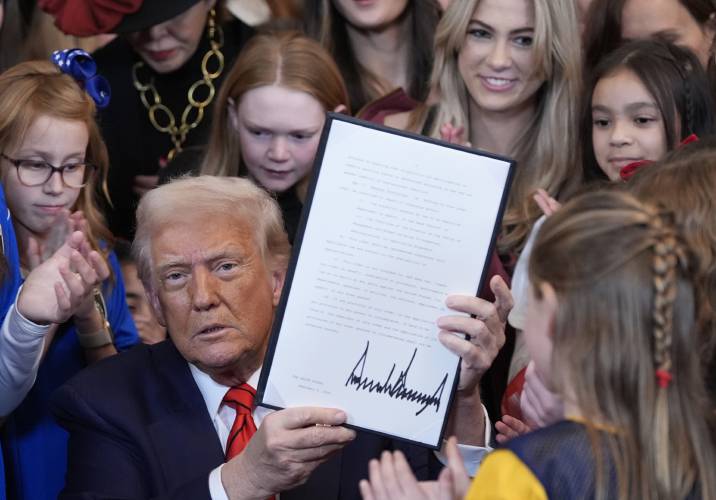
President Donald Trump signs an executive order barring transgender female athletes from competing in women's or girls' sporting events, in the East Room of the White House, Wednesday, Feb. 5, 2025, in Washington. (AP Photo/Alex Brandon) Alex Brandon
| Published: 02-12-2025 6:00 AM |
John Buttrick writes from his Vermont Folk Rocker in his Concord home, Minds Crossing. He can be reached at johndbuttrick@gmail.com.
Last week I went shopping for a new mattress. When I told the sales person that I needed to replace my twenty-year-old mattress, she laughed. It seems the lifetime of a mattress is designed to last ten years. Later I read an article by Elias Crim in The Hedgehog Review, “Toward a New Politics of Care.” The article opens with a discussion of “planned obsolescence” in the economy. In that context, Crim recalls that in 2016, Pope Francis wrote that the world is being increasingly shaped by a throwaway culture. Crim also reminds the reader that the United States generates 12 million tons of waste each year.
I began to think we not only throw away stuff. The current U.S. administration, in an effort to make the country “great again,” also seeks to throw away people! Consider the presidential executive order to, in essence, throw away 150,000 children born in the U.S. to undocumented parents each year by declaring these children unqualified for citizenship. Some would ending up stateless.
Consider how the executive order to recognize only two sexes, male and female, throws away the people in the LGBTQ+ community. Who knows who will be next?
Last week, NPR reported that the Justice Department has moved to fire a least twelve Inspectors Generals who investigated Trump. Among the discarded people are those who live in neighborhoods subject to environmental pollution.
More broadly, more and more people are being thrown into poverty in order to increase the wealth of the wealthy.
This throwaway culture thrives on the unsubstantiated belief that, to assure that the country is safe and citizens prosper, others must be thrown away, discarded as useless or dangerous. The solution for a more sustainable and equitable society will not come from the present administration’s zero-sum world view that devalues certain groups of people.
Article continues after...
Yesterday's Most Read Articles
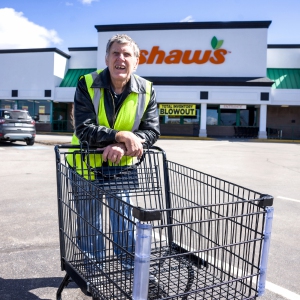 After four decades collecting carts, Ricky Tewksbury will retire when Shaw’s closes mid-April
After four decades collecting carts, Ricky Tewksbury will retire when Shaw’s closes mid-April
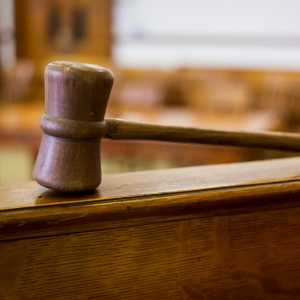 NH attorney general asks federal appeals court to reinstate ‘divisive concepts’ law struck down by lower court
NH attorney general asks federal appeals court to reinstate ‘divisive concepts’ law struck down by lower court
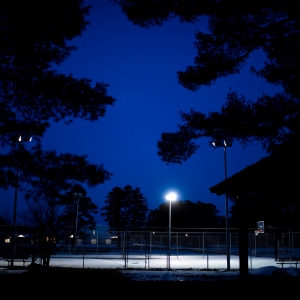 ‘When we talk about promises’ – Keach park light plans grow dim
‘When we talk about promises’ – Keach park light plans grow dim
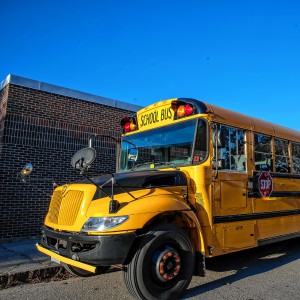 Updated Concord middle school design to cost another $3 million
Updated Concord middle school design to cost another $3 million
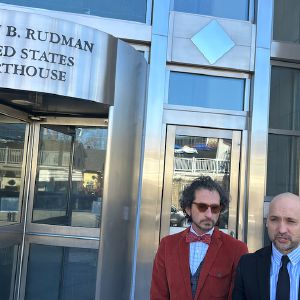 Federal judge temporarily reinstates legal status for Dartmouth PhD student from China
Federal judge temporarily reinstates legal status for Dartmouth PhD student from China
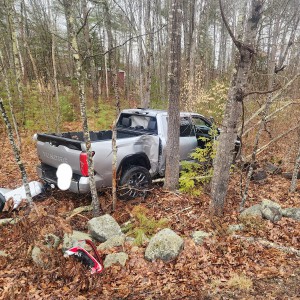 Two injured in accident in Loudon
Two injured in accident in Loudon
Elias Crim reports that Dean Spade wrote about an alternative in his book ‘Mutual Aid, a system of care and generosity.’ Spade observed that the concept has most recently surfaced during the pandemic and as a result of hurricanes, floods and fires. Community groups organized for local aid have sprung up. Spade says these groups have “shared the realization that the government systems we have in place are not going to meet our needs and truly keep us safe.”
What we need is something that takes society beyond temporary mutual aid; we need reciprocity. Crim also references John Restakis, who writes that reciprocity as a “term refers to the reciprocal acts of care continually going on in families, networks, neighborhoods and communities.” This theory affirms the democratization of caring for all human beings. It builds enough social capital to benefit all people. The more we care for each other the more we shall build a sense of well-being for all human beings.
The result will be no need to exclude people such as immigrants, birthright children, transgender people, people with disabilities or people of difference races.
The good news is that humanity has, deep down within its psyche, the inclination to reach out to care for others. The evidence is in the cadre of volunteers and nonprofits that surface after a catastrophe. Our lives depend upon not only caring for others after a catastrophe but also in our daily living. The throwaway philosophy embraced by the current executive and congressional leadership of this country keep this basic propensity of humanity buried. However, if local communities insist upon a democracy and a government formed around the ideas of maintaining and caring for each other and our world, then, as Elias Crim affirms, “a new sense of well-being, and even a kind of public happiness, could emerge.”
This is the road to a truly strong democracy compatible and safe for all people.







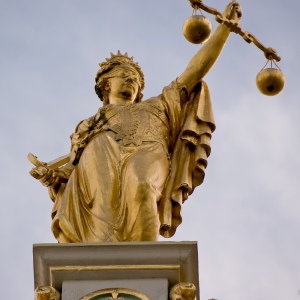 Opinion: An attack on the legal profession is an attack on us all
Opinion: An attack on the legal profession is an attack on us all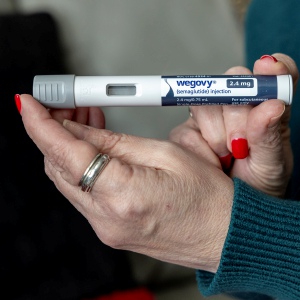 Opinion: HealthTrust's decision to drop anti-obesity medications is a step back in the fight against a chronic disease
Opinion: HealthTrust's decision to drop anti-obesity medications is a step back in the fight against a chronic disease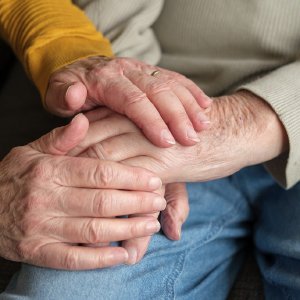 Opinion: Courage and care count
Opinion: Courage and care count
